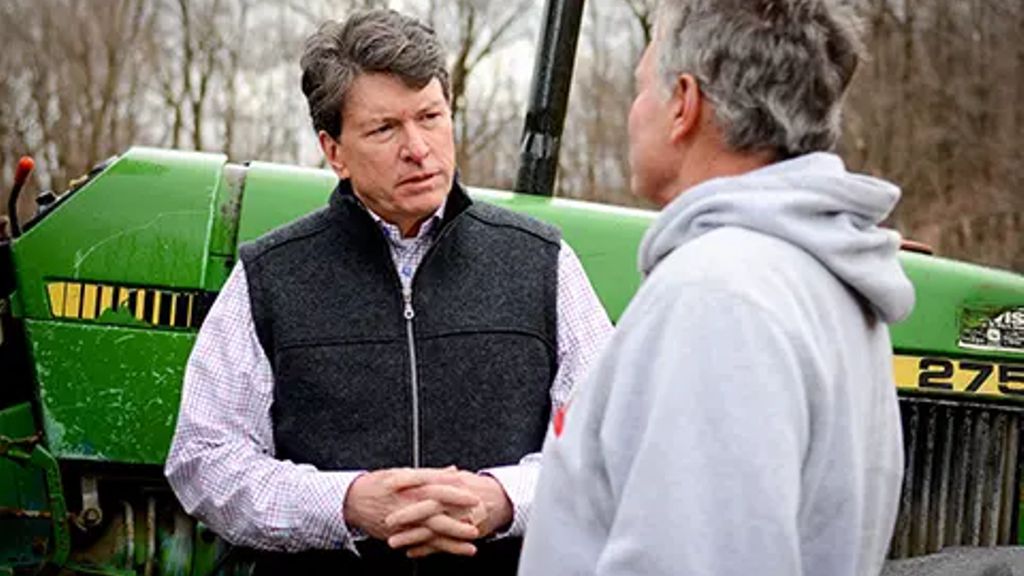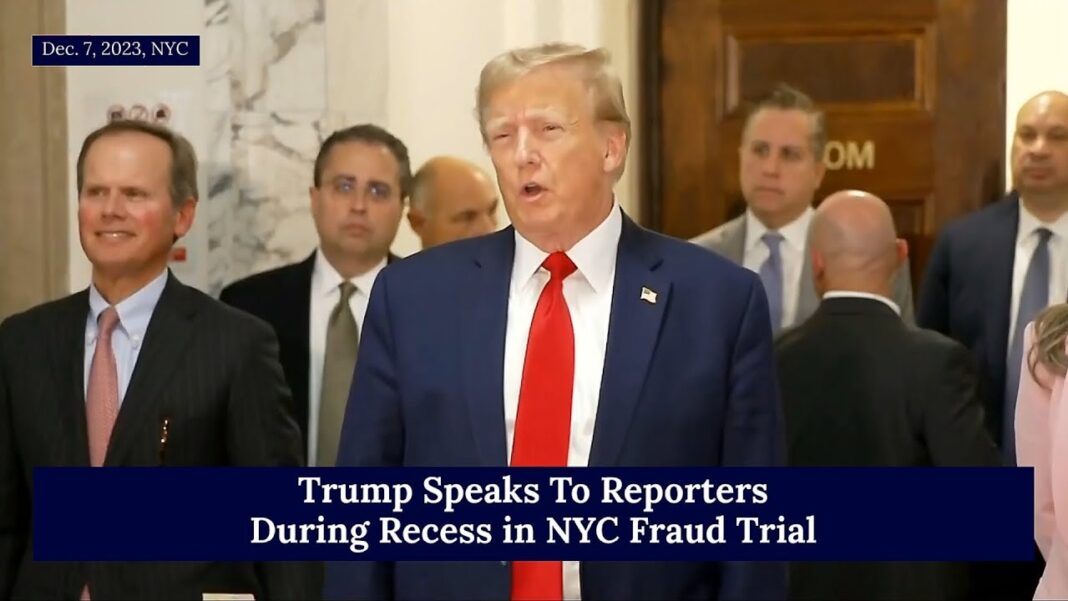The industrialist asked the US Supreme Court to undo a part of a deal he made with the SEC, which he says violates his free speech rights.
Elon Musk asked the U.S. Supreme Court to undo a part of a deal he made with the Securities and Exchange Commission (SEC) that required vetting of his online posts, alleging that the deal violates his free speech rights, Mr. Musk’s lawyer, Ellyde Thompson, confirmed with The Epoch Times on Thursday.
The billionaire businessman asked the high court in a Dec. 7 petition to hear his appeal of a lower court’s decision in May that upheld a 2018 consent decree that he negotiated with the SEC, escalating a years-long feud between the industrialist and the powerful regulatory agency to the nation’s highest court.
The consent decree resulted from settlement negotiations of a 2018 lawsuit brought by the federal agency against Mr. Musk, which alleged that Mr. Musk made “false and misleading” statements to investors when he posted on Twitter (now X) in August of that year that he had “funding secured” to take private his electric car company, Tesla.
The terms of the consent decree, to which Mr. Musk agreed, stipulate that Mr. Musk steps down as the then-chairman of Tesla; Mr. Musk and Tesla each pay a civil penalty of $20 million; and that Mr. Musk obtain pre-approval from a securities lawyer before publishing written statements about Tesla or its shareholders.
In February 2019, the SEC alleged that Mr. Musk violated that deal when he posted on Twitter, “Tesla made 0 cars in 2011, but will make around 500k in 2019,” and sought contempt sanctions, which included fines and potential imprisonment.
After a few court proceedings, the two parties resolved the contempt sanctions, but Mr. Musk sought to quash the SEC’s consent decree, arguing that the SEC had exploited the decree to “punish protected speech” because Mr. Musk is an “outspoken and much-followed critic of the government generally, and the SEC specifically.”
A Manhattan-based federal district court and later a federal appeals court both ruled in favor of the SEC, on the rationale that Mr. Musk could not revisit the speech-vetting deal because he previously agreed to the deal in the settlement with the SEC.
By Gary Bai








